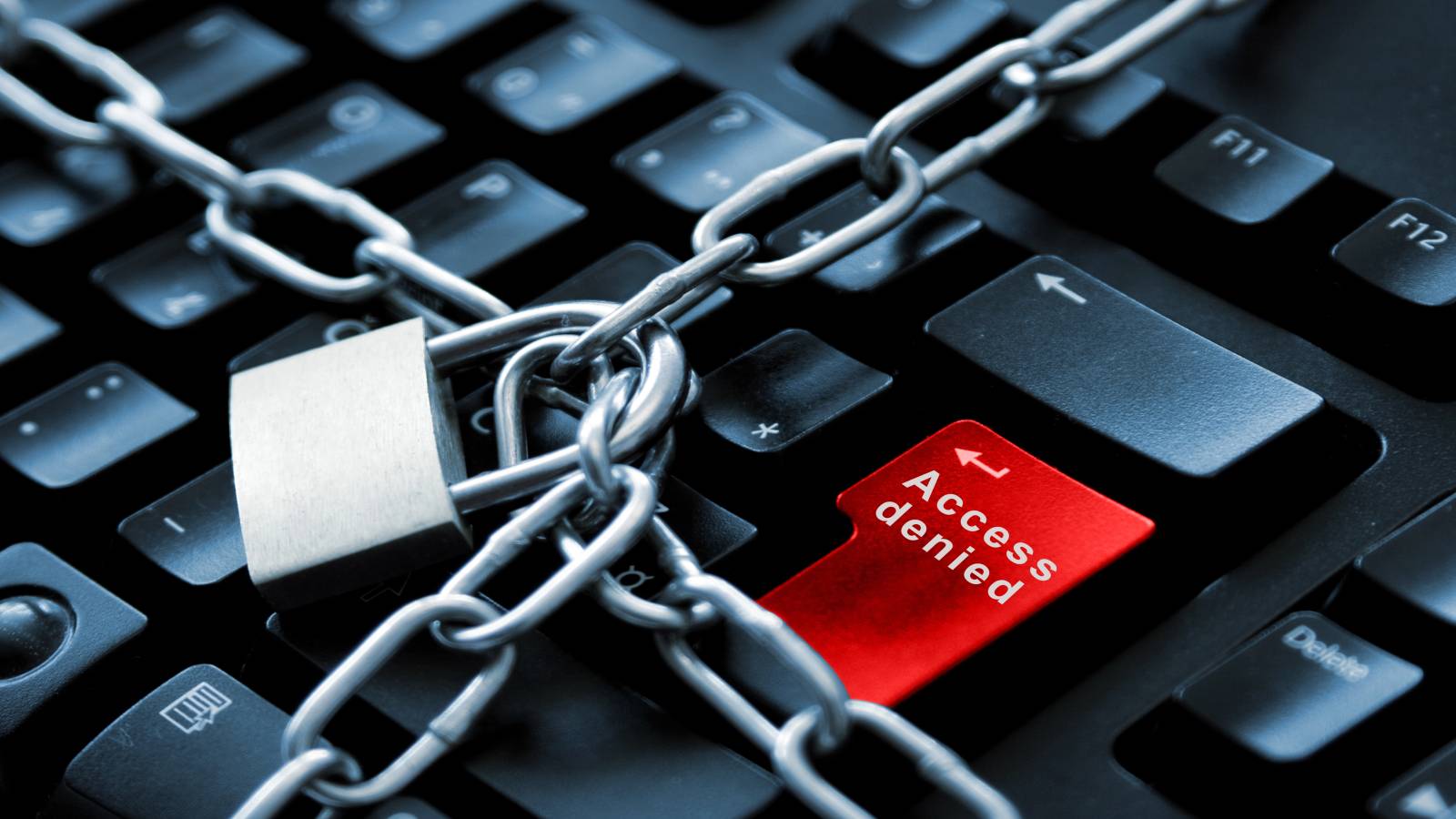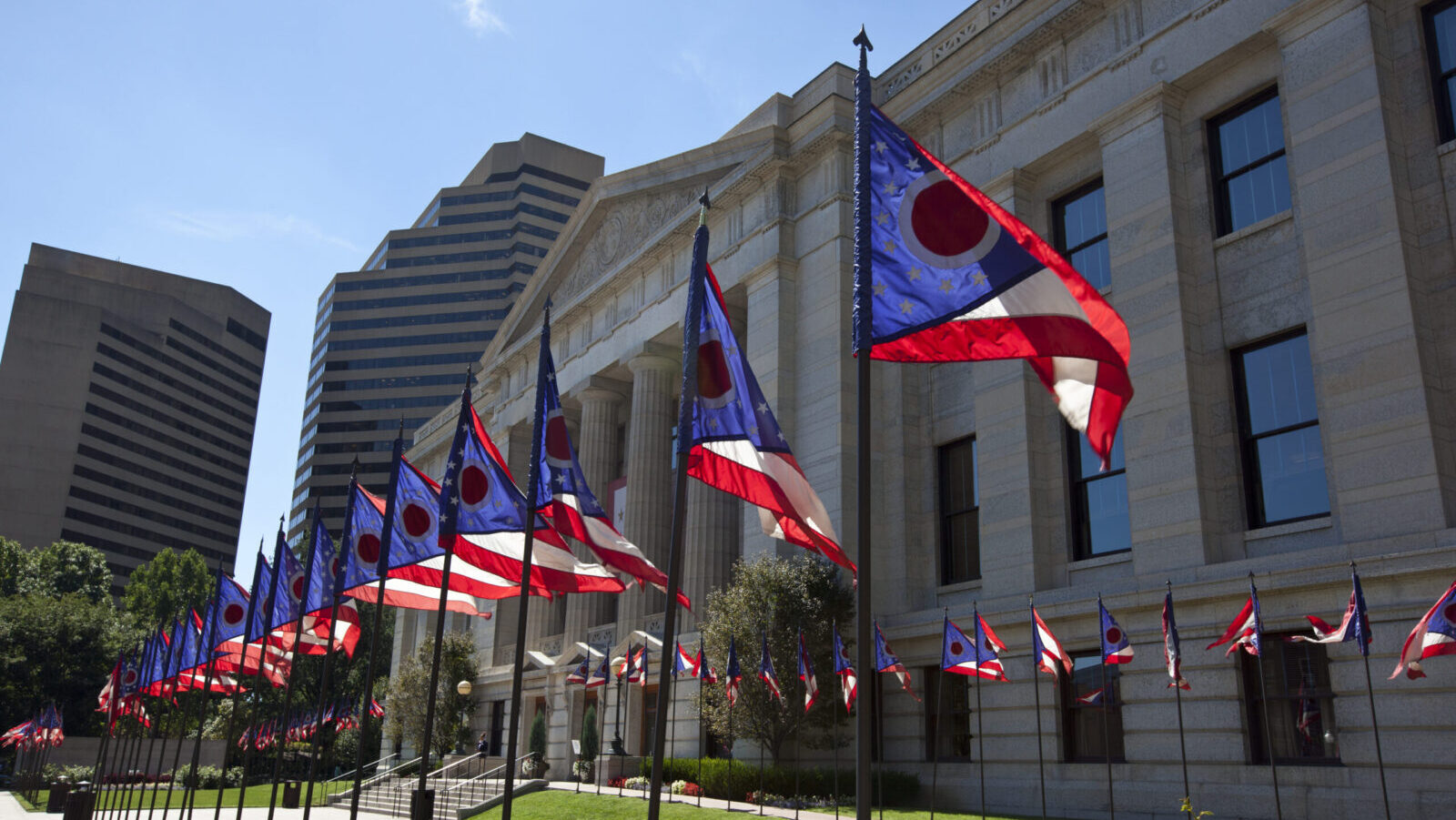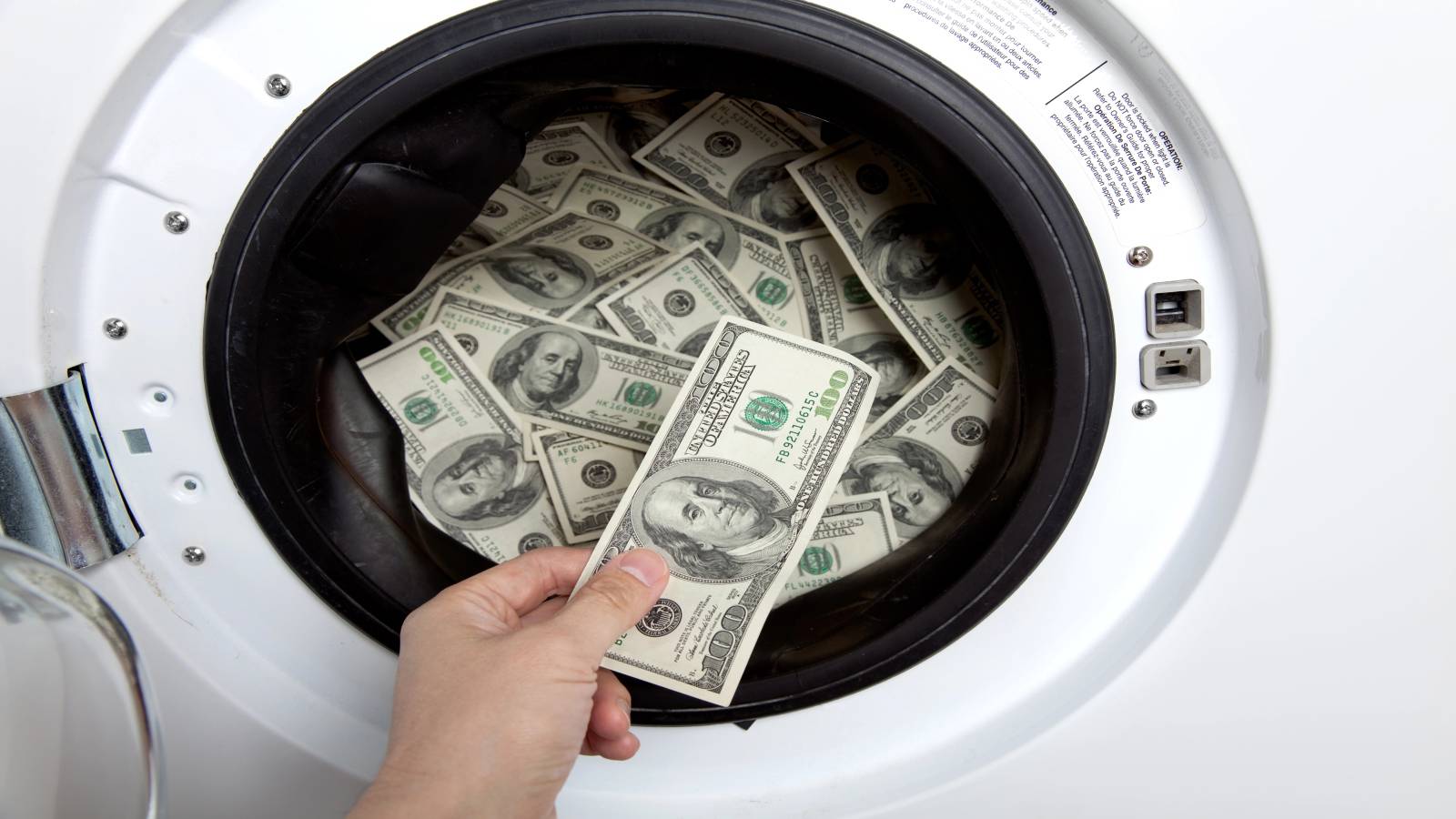National Voluntary Self-Exclusion Program To Debut This Summer
The National Voluntary Self-Exclusion Program bills itself as a necessary solution to address nationwide problem gambling in the U.S.
2 min

Gaming data analytics company idPair, Inc. has announced the forthcoming launch of a groundbreaking initiative, the National Voluntary Self-Exclusion Program (NVSEP). It’s set to begin in New England this summer, with subsequent rollouts planned across the U.S.
NVSEP represents a significant advancement in the efforts to combat problem gambling by providing a unified platform for individuals seeking to self-exclude from gambling activities across multiple jurisdictions. The program is designed to offer a wide-reaching self-exclusion list, thereby addressing a long-standing issue in the realm of gambling addiction prevention.
While current self-exclusion protections don’t travel, people do, and we look forward to working with more states to use technology to provide a more comprehensive level of protection for those who need it most.
Jonathan Aiwazian, idPair, Inc. CEO
The program creates an “alignment of data sets” for many of the existing regulatory and health resources, according to idPair. The company expects it to enhance the support system for those grappling with gambling issues, offering a more accessible method of voluntary self-exclusion.
Jonathan Aiwazian, CEO of the New Jersey-based idPair, Inc., has emphasized that states won’t need to make any changes to their systems if they want to participate in the NVSEP. The solution includes a function that allows it to seamlessly integrate with operators’ Player Account Management systems.
NVSEP is able to run alongside existing state-level responsible gambling initiatives. As such, players have access to a comprehensive list of options for self-exclusion.
Responsible gambling remains at the forefront
Responsible gambling initiatives in the U.S., as in other regions, are a critical aspect of the gaming industry, aiming to promote safe and ethical gambling practices. Organizations like the new Responsible Online Gaming Association, the International Center for Responsible Gaming (previously the National Center for Responsible Gambling) and the American Gaming Association play pivotal roles in advancing research, awareness, and education on gambling disorders and responsible gaming.
In addition, innovative efforts such as FanDuel’s financial literacy partnership in Massachusetts and DraftKings’ introduction of “My Stat Sheet” are examples of how operators are using new tools to empower consumers to make informed decisions. The National Council on Problem Gambling also offers resources for individuals struggling with gambling problems, including self-assessment tools and connections to treatment and recovery services.
Recent statistics by the National Council on Problem Gambling indicate that around 2.5 million U.S. adults, or about 1% of the population, could be classified as having a severe gambling problem. In addition, 5-8 million, or 2-3%, may have a mild or moderate gambling problem. Notably, slot machine players exhibit a high prevalence of gambling problems, with 50.2% showing signs of such issues.
Additionally, initiatives like the Internet Compliance Assessment Program and the Responsible Gambling Verification Program set standards for player protection in online gambling, ensuring a sustainable and responsible gambling environment.
With the support of state gaming regulators and the commitment of idPair, Inc., the NVSEP should have a lot going for it. Fantasy sports and sports betting operator Underdog sees its benefits, as well, announcing recently that it has taken a minority position in the company through its GuardDog responsible gaming innovation fund.





